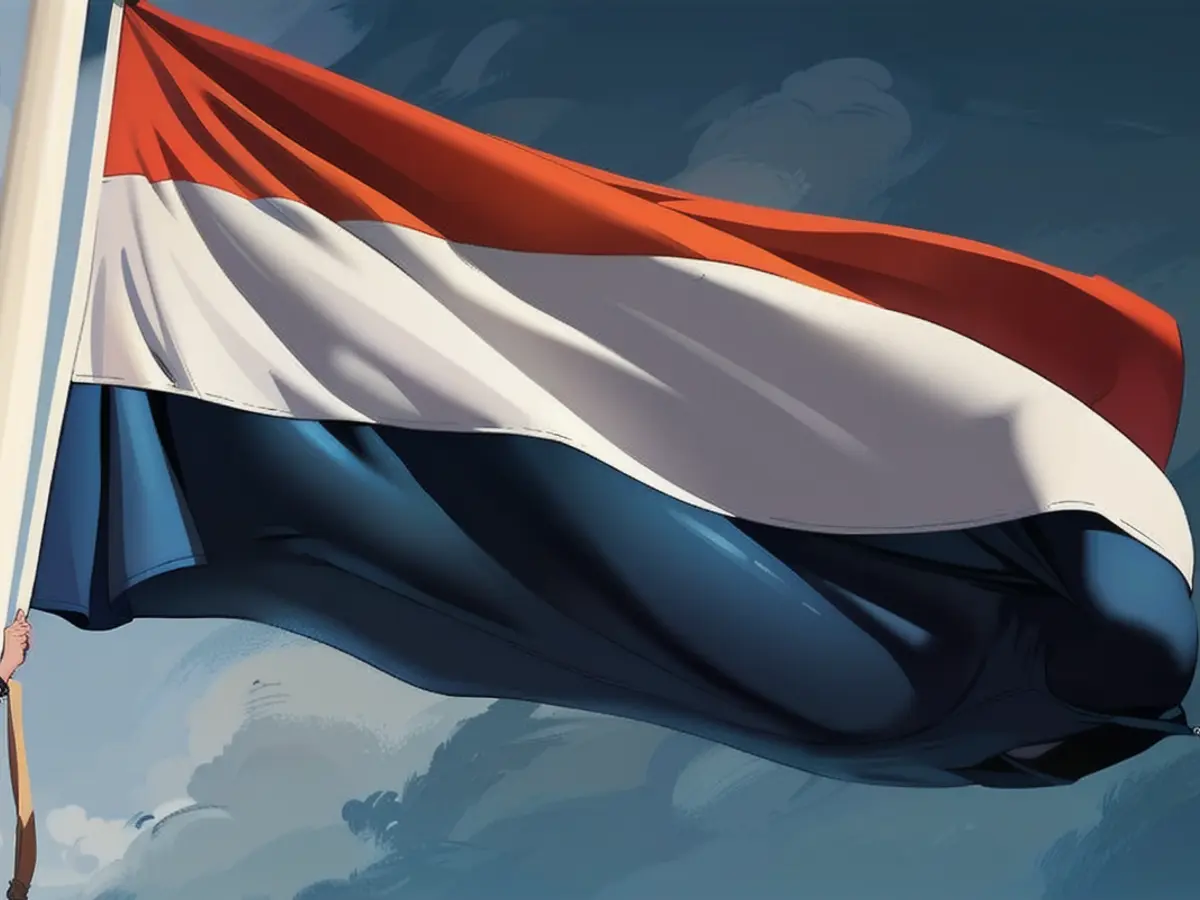Netherlands Experiences Shift in Asylum Policies
The Dutch government, led by the new right-wing coalition, is determined to decrease the influx of asylum seekers significantly. King Willem-Alexander addressed this intent in his speech to parliament members in The Hague, emphasizing the need for a more strict, expedited, and frugal asylum policy.
The coalition, comprising of four parties, including the radical-right Party for Freedom (PVV), under the leadership of Geert Wilders, had voiced their intention to tighten asylum policies a week prior. The proposal includes declaring a state of emergency and temporarily disregarding certain asylum laws, a move some legal experts question the legitimacy of. The asylum issue could potentially fracture the coalition, as the moderate party NSC has expressed reluctance to support an illegal plan.
The throne speech highlighted the strain that the high numbers of asylum seekers, labor migrants, and foreign students are putting on the nation's resources and lifestyle. "Our population has grown beyond expectations, reaching 18 million inhabitants, overwhelming our infrastructure and lifestyle," the speech stated.
In the unexpectedly successful November parliamentary elections, Wilders' PVV emerged as the dominant party. Despite this, their leader was not appointed prime minister by the coalition partners, who eventually agreed on the impartial former civil servant Dick Schoof for the role.
With a large crowd of supporters lining the streets, the royal family traveled to the theater in a carriage, culminating in the king reading the throne speech. This ceremony, known as "Prinsjesdag" (Prince's Day), is a cherished tradition in many Dutch households celebrating the Orange family.
The newly elected Dutch government, with the Party for Freedom (PVV) playing a significant role, seeks to enact stricter asylum policies in The Netherlands. King Willem-Alexander's speech underscored the importance of strengthening the asylum system in The Netherlands.








